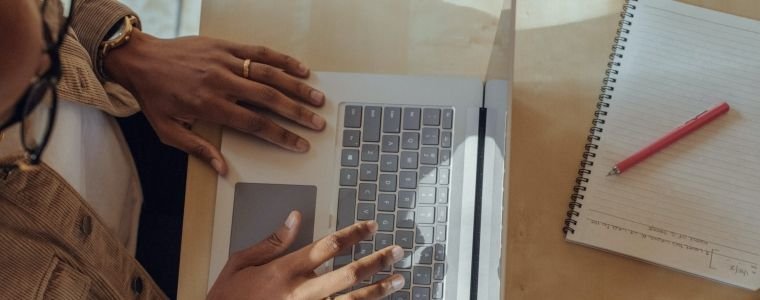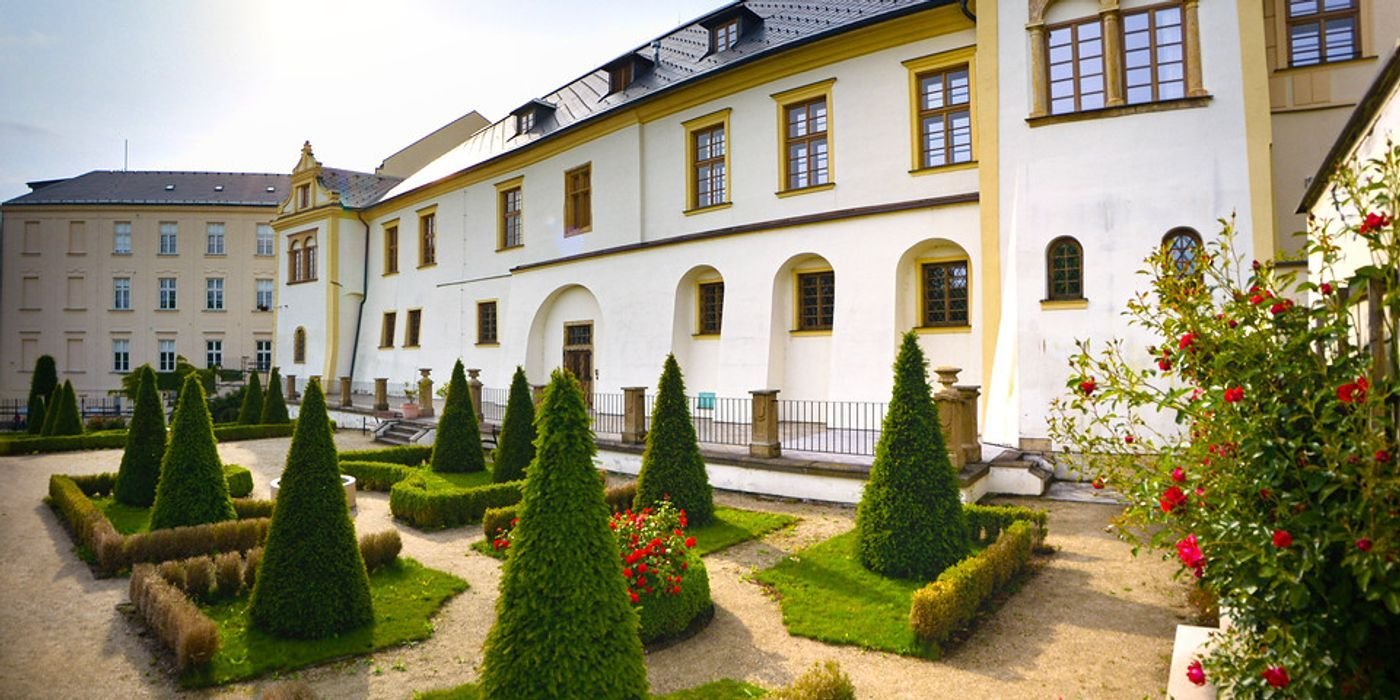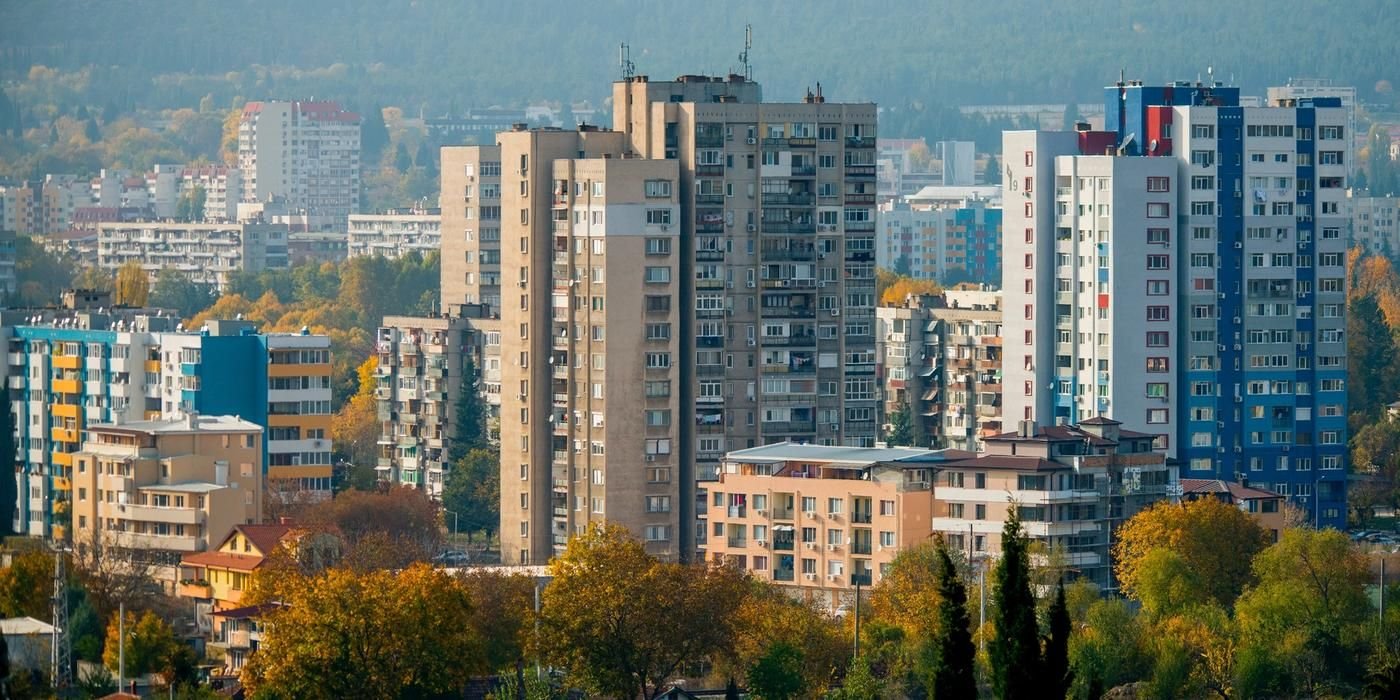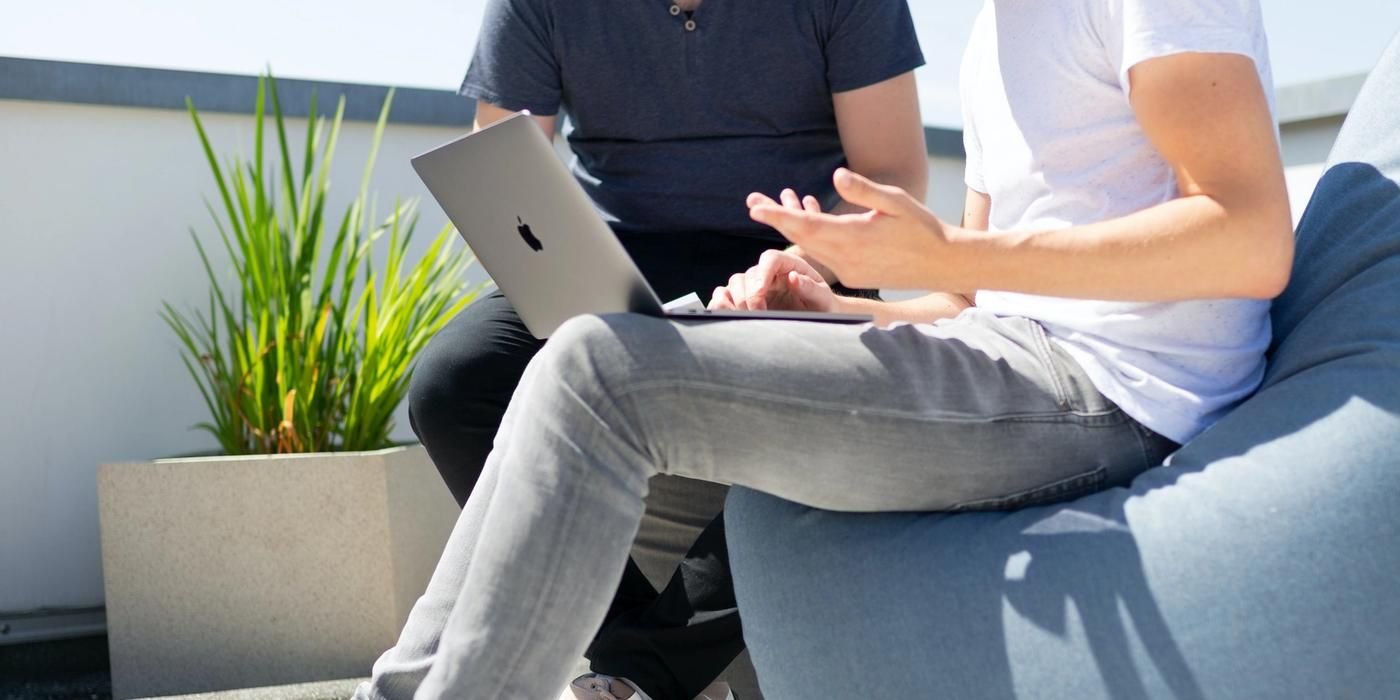The Importance of Open Education Resources (OER) within Aurora
The Aurora Open Education Recourses working group is one of the first working groups established by the Network in 2018. Students have been a part of the working group from the beginning and brought in the special user-orientated perspective which fit in just right with the technical, organizational and strategic expertise of teachers, researchers and staff, particularly the library directors of the Aurora network.
The OER working group supports and encourages collaboration between teachers by reusing and remixing open materials. It aims to tackle the United Nations Sustainable Development Goals on Equal Education by guaranteeing access to knowledge in high-quality and credible content anywhere.
Challenges and Opportunities
Open Education Resources are essential for many reasons. One reason is the rising cost of textbooks which is different for various study courses.
Secondly, when we aspire to create the opportunity to study for a student body with a broader socioeconomic background and tackle equal education, OER plays a crucial role in accessing the material, regardless of students and researchers’ economic background. OER can provide materials for teaching, learning and research. The growth and expansion of the internet have made access to OER more common worldwide, but filtering the relevant and appropriate material is left up to the user’s assessment. Where the pertinent textbooks will have their strengths and weaknesses, OER material allows a faculty member to pull only strong material into their class. OER also represents an opportunity to have one’s materials enhanced. By allowing the material to be modified by other faculties around the world. An OER creator has the chance to see the material used in ways never imagined. That type of exposure and collaboration is not possible with material that lives on a local computer or only in print.
The philosophy behind OER is that knowledge is a public rather than personal good and should be for the greater good- shared free of charge. Therefore, the challenging first step is to motivate all the partner Universities members to follow that philosophy to enlarge the Material, which is accessible through OER.
Like never before, the pandemic has shown us the strengths of OER. Distant learning formats had to be created in a short period of time and profited by OER material. Due to the circumstances, OER took a big step forward in acknowledging its importance for Universities. Finally, OER is the basis of numerous projects within the Aurora Network. Connecting the OER working group to current Aurora initiatives in the field of innovation of teaching and learning,’ ‘diversity and inclusion’ and ‘student engagement’ is vital and guarantees future viability.
Written by Aylin Kilic, member of the Aurora Student Council








